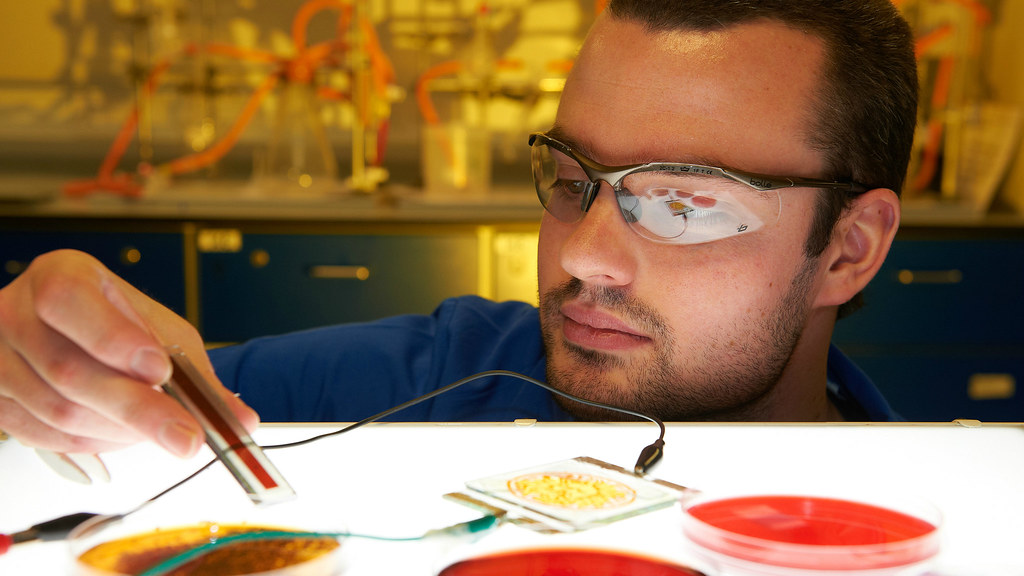The SUPERSOLAR hub brings together expertise from universities across the UK and the solar panel industry to share knowledge, establish a research network and train the next generation of scientists in the field.
The consortium, funded by the Engineering & Physical Sciences Research Council (EPSRC), is unique because it brings together all aspects of photovoltaic (PV) energy generation, from research into new materials for solar panels, to the socio-economic aspects of using the sun as a source of electricity.
The Bath effort is led by Professor Alison Walker from the Department of Physics, and Professor Mike Hill and Dr Aron Walsh from the Department of Chemistry. The hub will draw together PV energy generation research from across the University, from the Departments of Physics, Chemistry, Mechanical Engineering, Electronic & Electrical Engineering, and Architecture & Civil Engineering.
The project has been supported by the Head of I-SEE, the University’s Institute for Sustainable Energy and the Environment, Dr Tim Mays from Chemical Engineering who said: “The SUPERSOLAR hub is a wonderful example of interdisciplinary research involving staff at the University.
The hub is a significant addition to Bath's broad-ranging research portfolio on sustainable energy including major projects on hydrogen and fuel cells, bioenergy, energy use in buildings, marine renewables and whole systems analysis of transitions to low-carbon electricity.”
The Bath project coordinator Professor Walker researches into excitonic solar cells. These are devices that produce electricity from the sun's energy through the creation of an "exciton" (or electron-hole pair). These cells are transparent and flexible and could be used on roofs, in windows or in portable applications for example in places where grid electricity is not available or is intermittent and expensive.
She said: “Bath is a major centre for renewable energies research and has long been known for its research into photovoltaics, but this project really puts us on the map.
“The SUPERSOLAR hub brings together academics across several faculties at the University, including chemists investigating using transparent conductive oxides as contacts for all types of solar cell, engineers developing coatings that make solar cells more efficient, and researchers from Architecture looking at new ways of incorporating solar cells into buildings.
The hub, led by the University of Loughborough, also includes the Universities of Liverpool, Oxford, Sheffield and Southampton, along with the Energy Generation and Supply Knowledge Transfer Network.
Professor David Delpy, EPSRC’s Chief Executive said: “The SUPERSOLAR research hub will bring together the UK solar energy research community to address the key research challenges facing the development of the next generation of solar technologies. Scientific research into all forms of low carbon energy generation is essential if we are to reduce carbon emissions and avert dangerous climate change.”

